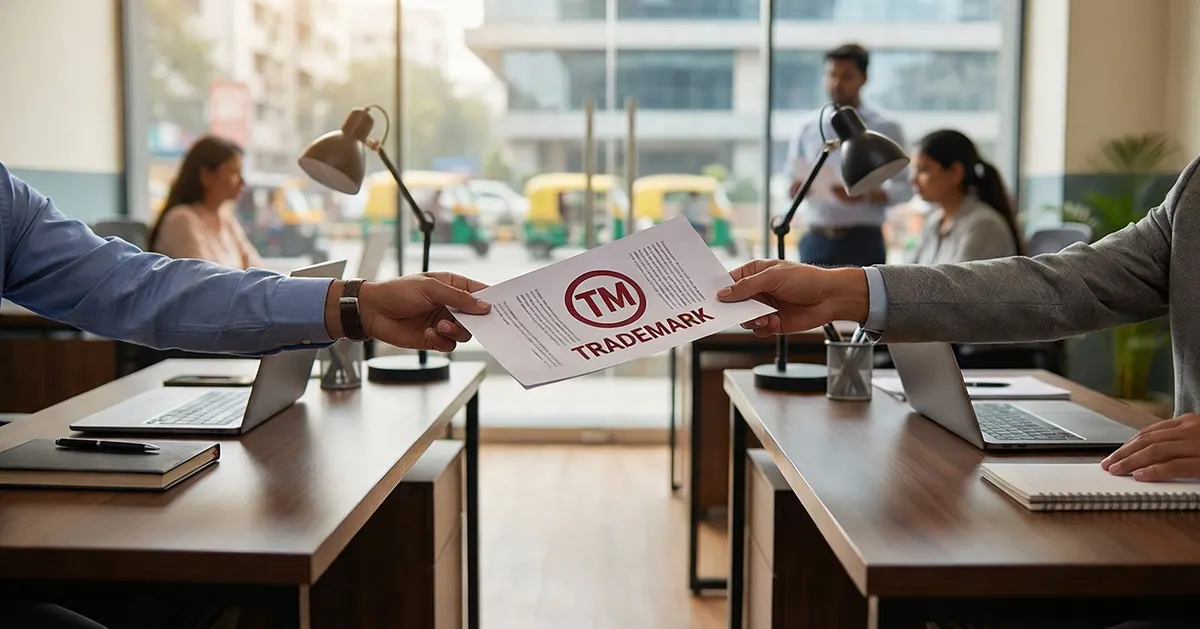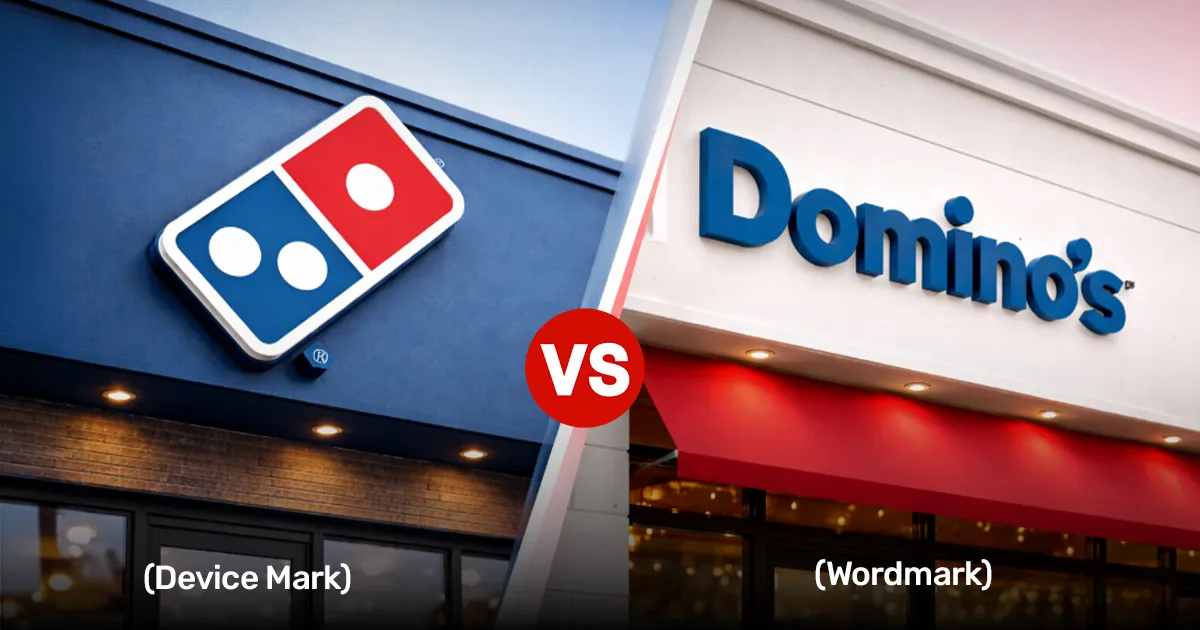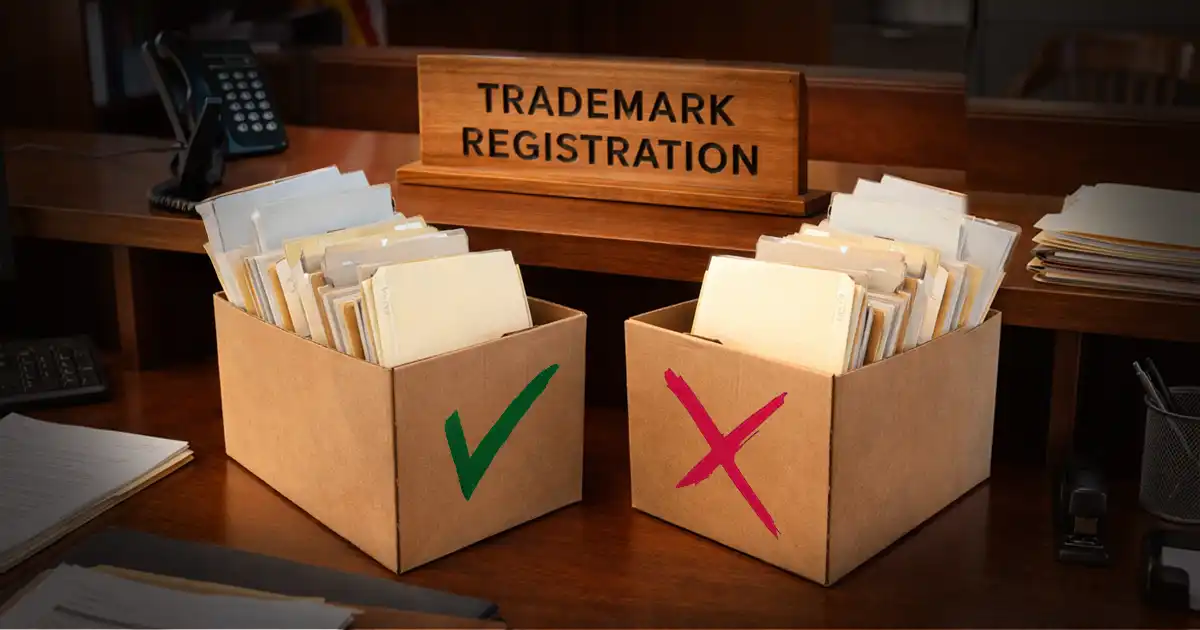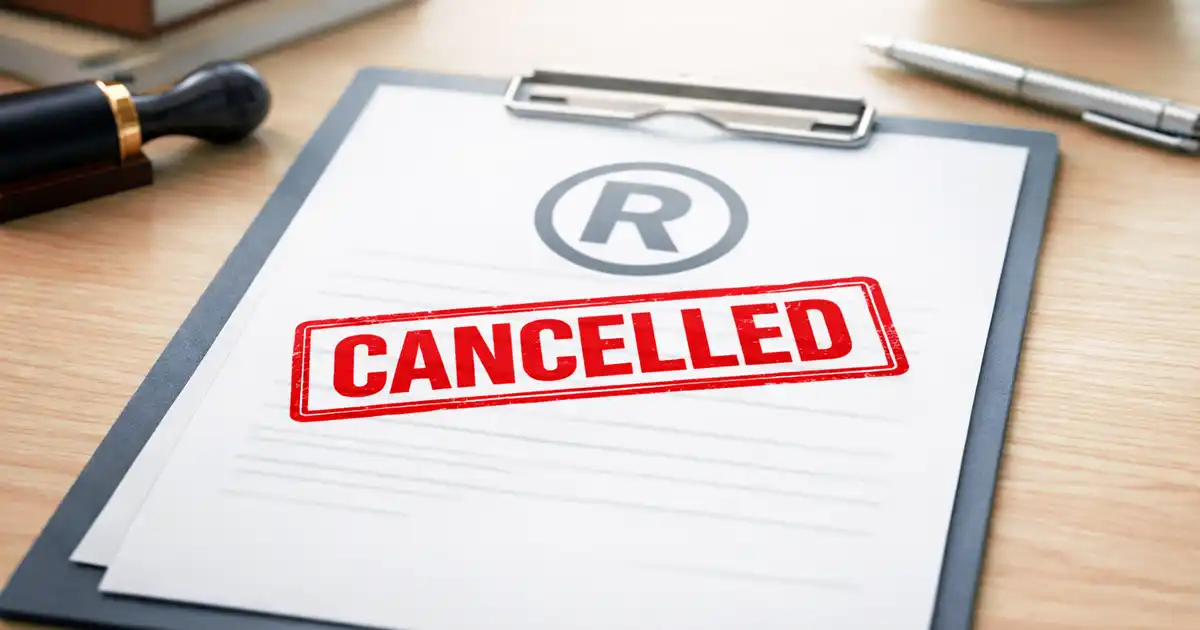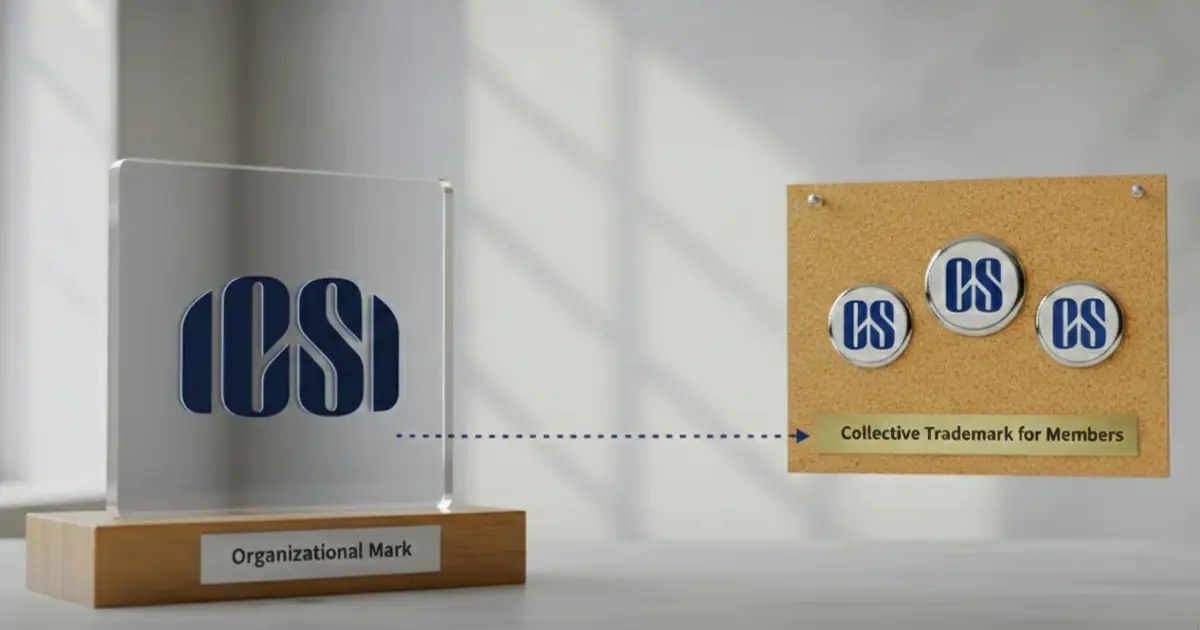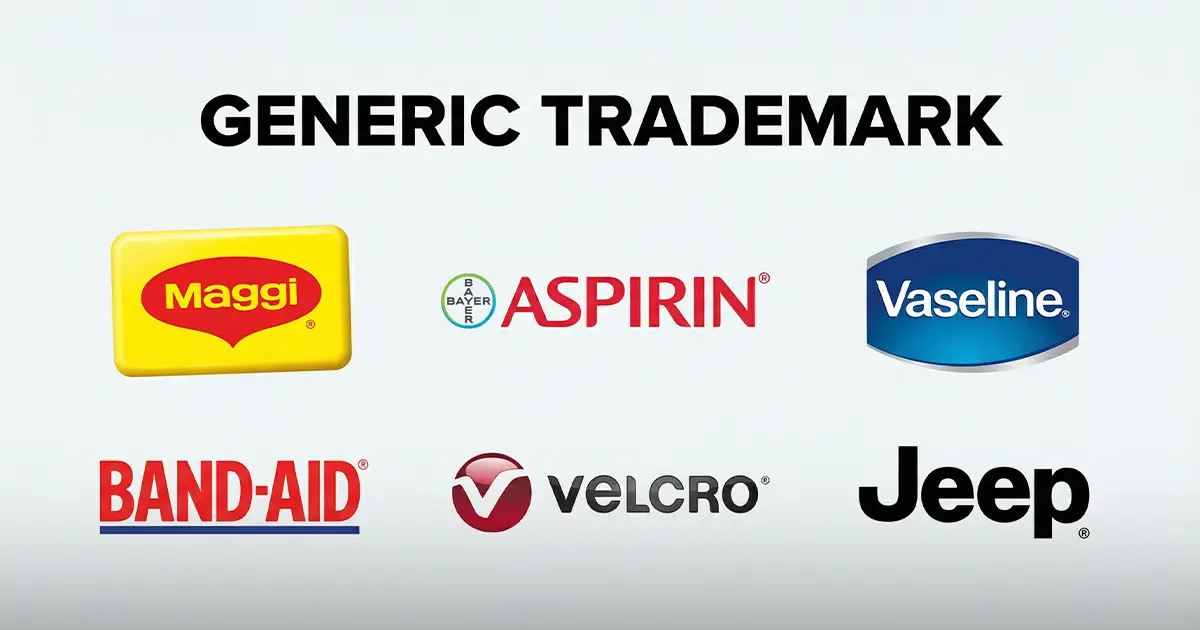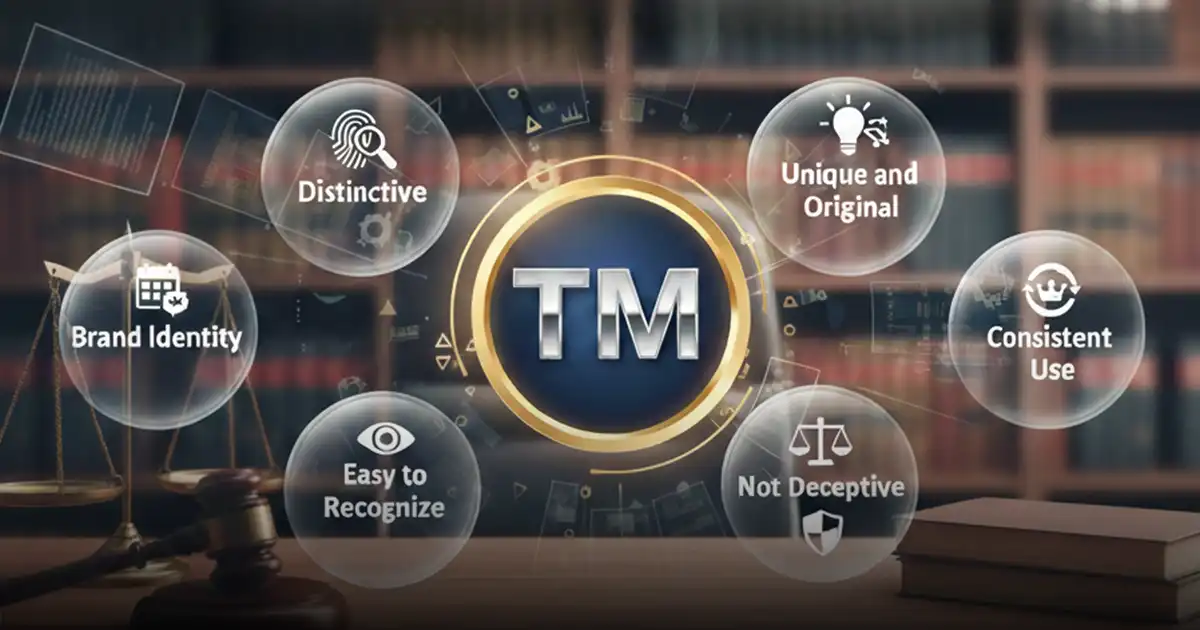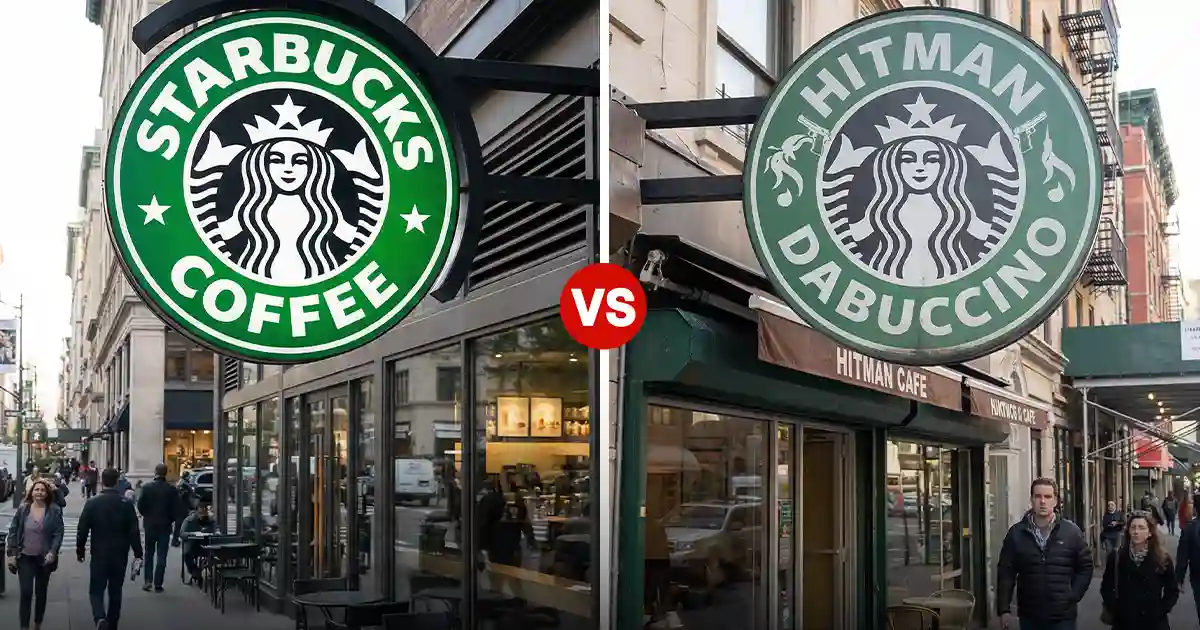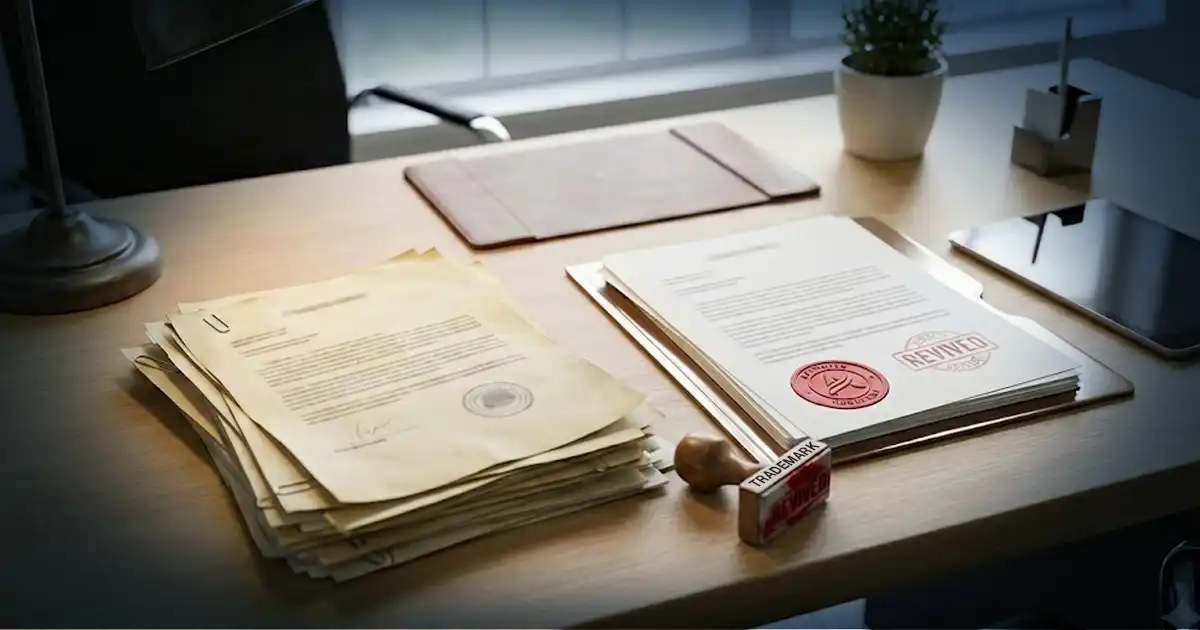A trademark hearing is an official session conducted by the trademark registry to address objections or issues raised during the examination of a trademark application. It lets you:
- Explain your side of the case
- Submit important documents
- Respond to concerns from the examiner or others
This helps make sure only valid trademarks are registered and avoids conflicts.
Why is Trademark Hearing Important?
A trademark hearing matters because it:
- Gives you a chance to defend your application.
- Helps clear up any doubts or objections.
- Ensures a fair process by hearing from both sides.
- Improves your chances of getting your trademark approved.
- Protects your brand from future disputes.
Why the Registrar Calls for a Hearing?
The Registrar of Trademarks calls for a hearing when an applicant's written response to an examination report is deemed unsatisfactory or when a third party files an opposition. This session provides the applicant a final opportunity to present their case in person, clarify any outstanding issues, and justify why their trademark should be registered before a final decision is made.
What is a Show Cause Hearing in Trademark?
A Show Cause Hearing is an important step in the trademark registration process in India. It happens when the Registrar is not fully satisfied with the applicant’s written reply to the examination report or the objections raised earlier.
If the application status shows “Ready for Show Cause Hearing Trademark Status,” it means the Registrar wants the applicant to appear and explain why the trademark should be accepted. This is the applicant’s chance to give more information, clear doubts, and defend their case in person or through their representative.
The Show Cause Hearing is usually the last step before the Registrar decides to accept or reject the trademark application. A well-prepared and persuasive argument at this stage can be the deciding factor in overcoming objections and moving the application toward acceptance.


